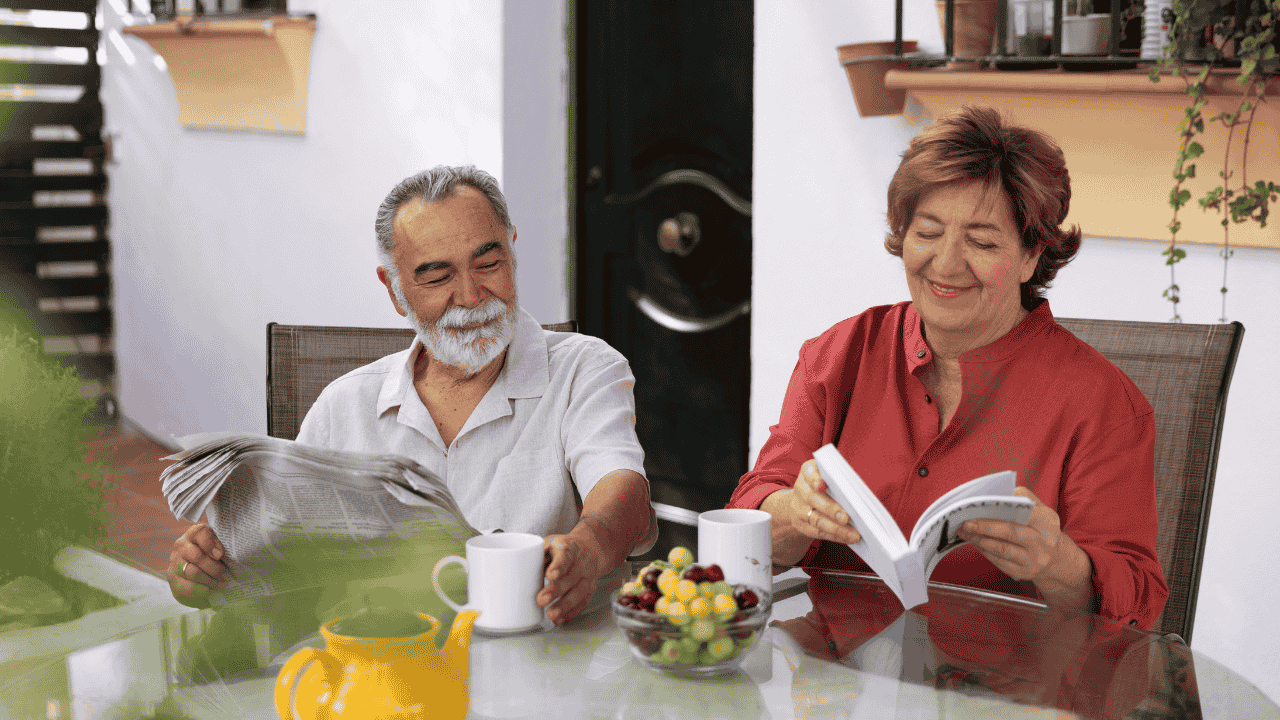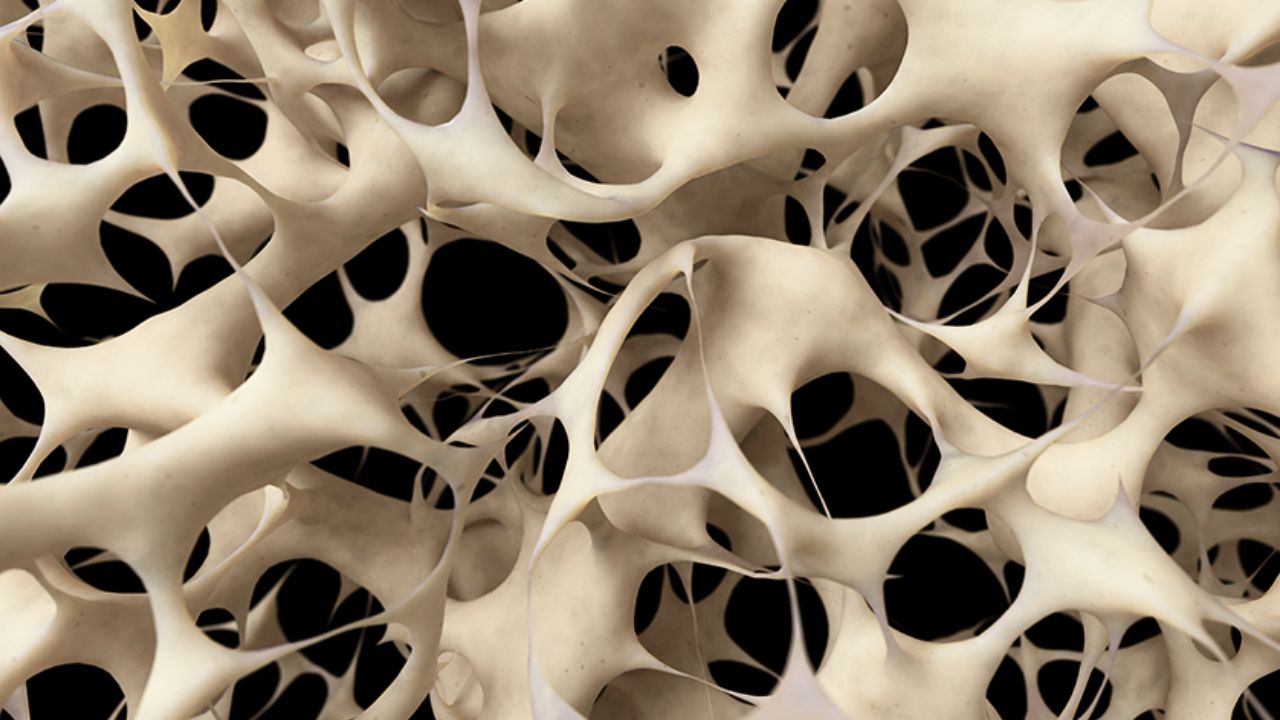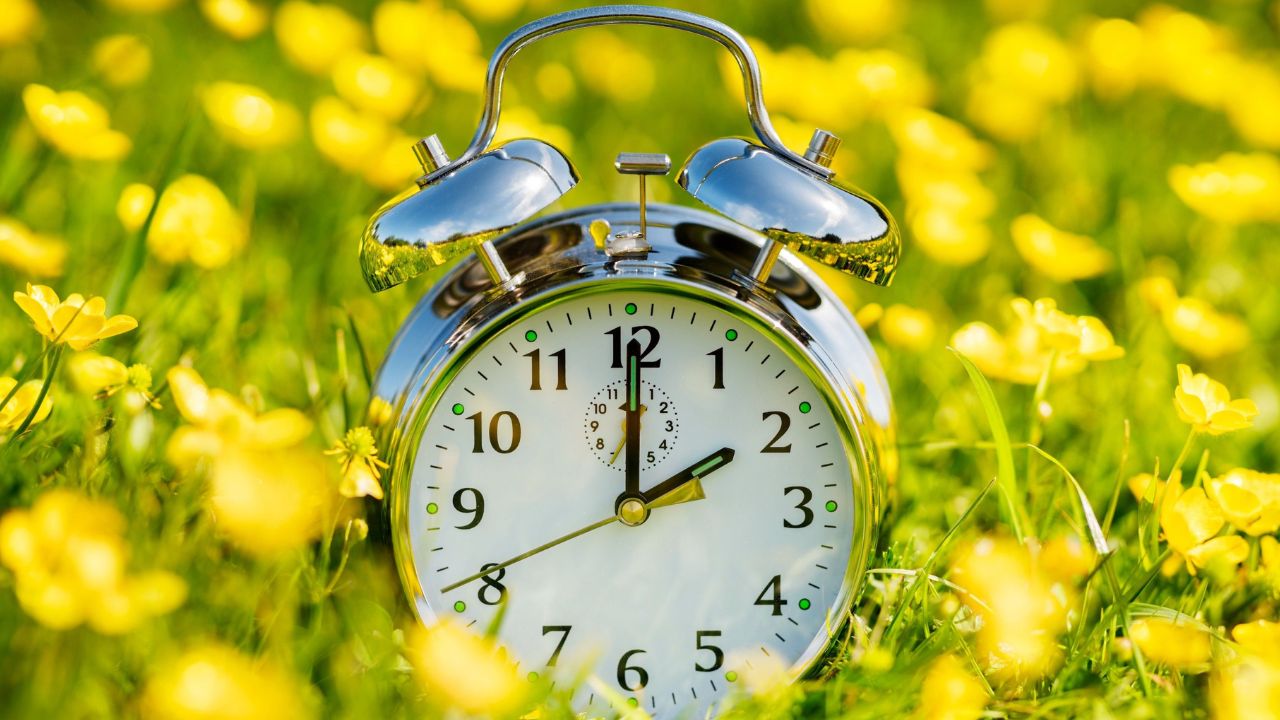For many people, retirement is the finish line. The gold watch, the farewell cake, and the promise of never setting an alarm again. But for the happiest retirees? It’s not the end of the race—it’s the start of a different kind of rhythm. One that’s slower, more deliberate, and often defined by the quiet routines that unfold after sunset.
Turns out, the way you spend your evenings might be one of the biggest predictors of how fulfilling retirement feels. Let’s unpack what the happiest retirees do once the day winds down.
Hobbies That Feed the Soul
Ask a content retiree what they do after dinner, and odds are you’ll hear about a hobby. Painting, gardening, woodworking, baking, playing an instrument—it doesn’t matter what it is, as long as it brings joy.
What makes hobbies magical in retirement is that they’re free of deadlines or performance pressure. There’s no boss to impress, no client to please. It’s just pure engagement. According to Harvard Health Publishing, creative activities lower stress, sharpen cognition, and even promote longevity.
Evenings, with their natural stillness, are perfect for these pursuits. It’s not about perfection—it’s about pleasure. The act of creating something, no matter how small, gives structure to the day and satisfaction to the mind.
| Hobby Type | Emotional Benefit | Physical or Cognitive Benefit |
|---|---|---|
| Gardening | Calm, connection with nature | Light exercise, improved dexterity |
| Painting or music | Self-expression | Boosts memory and creativity |
| Cooking or baking | Comfort and joy | Fine motor skills, sensory engagement |
| Puzzles or crafts | Focus and satisfaction | Strengthens problem-solving |
The Power of Evening Reflection
Many retirees swear by a few minutes of reflection before bed. It’s not a grand spiritual practice—just a moment to think about the day. What went well? What felt meaningful? What can be improved tomorrow?
This habit builds gratitude and perspective. According to research from the Greater Good Science Center at UC Berkeley, people who practice gratitude regularly report higher levels of happiness and better sleep.
Some jot a few lines in a journal; others simply think it through over a cup of tea. The key is consistency. Ending the day with a calm mind helps the brain process experiences and emotions in a healthy way.
Gentle Movement for a Calm Body
You don’t need to be pumping iron to stay fit in retirement. In fact, the most active retirees often prefer lighter movement—like a slow stroll after dinner, tai chi in the park, or simple stretching before bed.
These gentle exercises help regulate sleep, digestion, and mood, while maintaining flexibility and balance. And there’s a bonus: evening walks, according to the Centers for Disease Control and Prevention (CDC), can reduce the risk of heart disease and improve overall mobility.
It’s not about burning calories; it’s about staying in tune with your body.
Staying Connected—One Conversation at a Time
Retirement doesn’t have to mean isolation. Many of the happiest retirees intentionally fill their evenings with connection. Maybe it’s a long talk with a partner, a call with an old friend, or a FaceTime session with grandkids showing off their latest Lego creation.
Social bonds play a massive role in long-term well-being. The Harvard Study of Adult Development, which has tracked participants for over 80 years, found that close relationships—not wealth or fame—are the most consistent predictor of happiness and health in later life.
Evening check-ins become more than routine; they’re emotional anchors. They remind retirees that they’re loved, needed, and part of something bigger.
The Gift of Solitude
Connection is crucial—but so is quiet. Many retirees rediscover the pleasure of solitude in the evenings: reading a favorite book, journaling, listening to soft music, or simply sitting in stillness.
This isn’t loneliness—it’s recharging. It’s giving yourself permission to be unhurried. In a world that glorifies busyness, learning to be content alone is a radical act of peace.
As one retiree from Maine told me, “I used to dread silence. Now it feels like a friend.”
Mindful Meals, Mindful Living
Dinner becomes a sacred ritual for many retirees. No screens, no rush—just the simple pleasure of eating well and being present.
Mindful eating helps digestion and emotional well-being. It encourages awareness of taste, texture, and gratitude for the food itself. The National Institute on Aging (NIA) notes that retirees who eat slowly and choose balanced meals tend to maintain better energy and emotional balance.
It’s not about dieting—it’s about savoring.
Preparing for Rest
Sleep is the quiet cornerstone of retirement happiness. A consistent bedtime routine—dim lights, soft music, reading, or light stretching—helps signal to the brain that it’s time to wind down.
Good sleep improves everything: energy, memory, mood, even immune function. Studies from the National Institutes of Health (NIH) show that maintaining a regular sleep schedule supports both cognitive clarity and emotional stability as we age.
Retirees who treat bedtime as a ritual, not an afterthought, often report waking up refreshed and ready for whatever the day brings.
The Rhythm of Contentment
In the end, happiness in retirement isn’t about grand adventures or endless relaxation—it’s about rhythm. The evening hours, those quiet in-between moments, set the tone for how gracefully we age.
Whether it’s walking the dog, reflecting on gratitude, or sharing dessert with someone you love, these nightly rituals transform ordinary time into something sacred.
Maybe that’s the real secret: to keep moving, not fast—but meaningfully.
FAQs
What are the most common evening habits of happy retirees?
They tend to engage in relaxing hobbies, light movement, reflection, and quality connection with loved ones.
Why is reflection important before bed?
It builds gratitude, reduces stress, and helps retirees process daily experiences calmly.
Do retirees need to exercise daily?
Not necessarily, but gentle activity like walking or stretching supports mood, heart health, and sleep.
Is solitude healthy during retirement?
Yes, when intentional. Solitude promotes peace, creativity, and self-awareness—very different from loneliness.
What’s the best way to improve sleep in retirement?
Stick to a relaxing routine, avoid screens late at night, and maintain a consistent bedtime schedule.


















